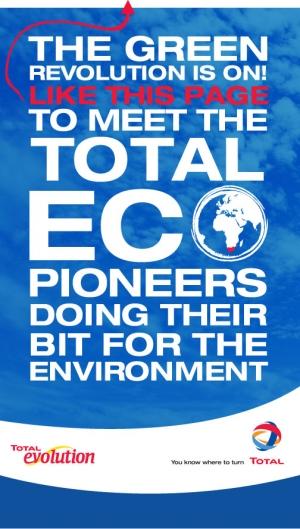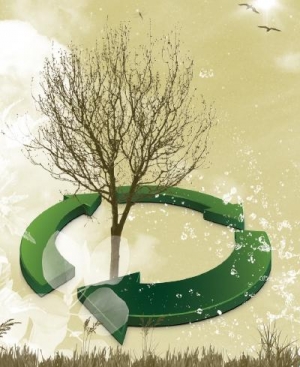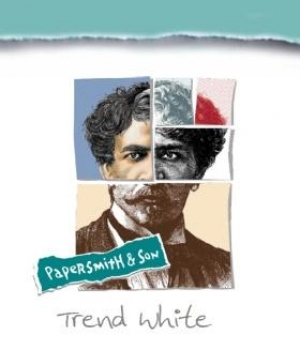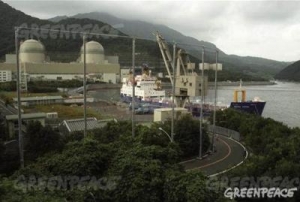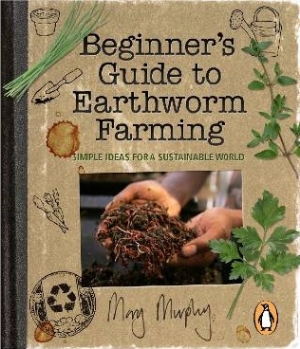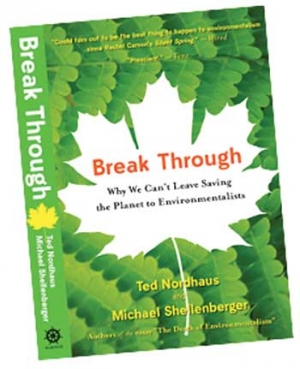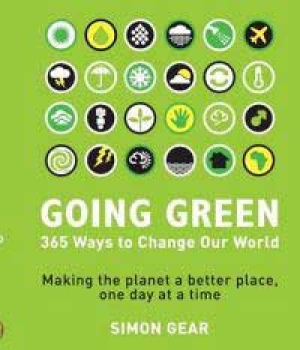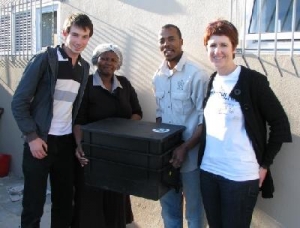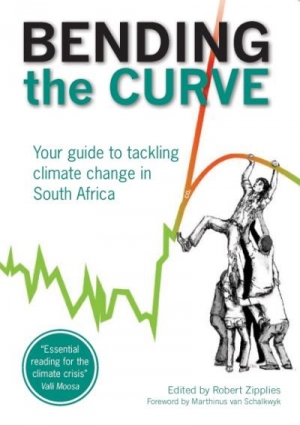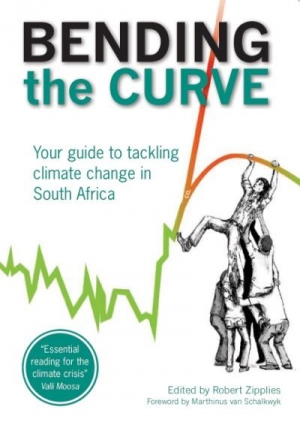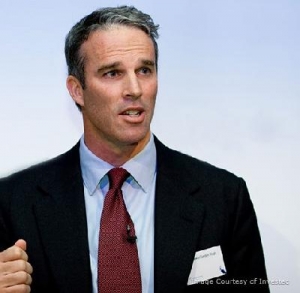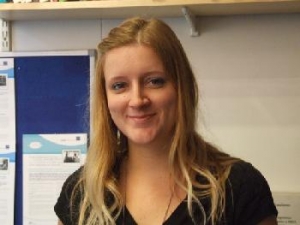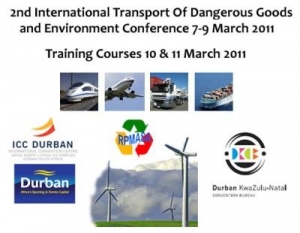After launching its Ultra Low Sulphur fuel, Total has taken the next step in the quest for a greener planet by profiling ordinary South Africans who share a commitment to protecting the environment.
Zambia, Uganda, United States of America, Canada, Cameroon, Kenya and South Africa. These countries were all represented in one room to make their voices heard in the fight against climate change.
Singita Grumeti Reserves, located on the Western corridor of the Serengeti in Tanzania, recently opened an Environmental Education Centre (EEC) on the reserve, answering the urgent call by government to boost environmental awareness within communities.
The Centre for Energy and Electric Power (CEEP), Faculty of Engineering and the Built Environment at Tshwane University of Technology, announces its inaugural annual workshop on Energy and the Environment for Africa's Public Officers.
As concerns about the economic impact of climate change grows, more and more businesses and individuals are getting the environmental message at last! Every action in our lives can stand scrutiny from an environmental perspective.
"The evolving situation at Fukushima remains far from clear, but what we do know is that contamination from the release of Cesium-137 poses a significant health risk to anyone exposed. Cesium-137 has been one if the isotopes causing the greatest health impacts following the Chernobyl disaster, because it can remain in the environment and food chain for 300 years."
NaturCert announced the appointment of ETC-Africa as their South African partner. NaturCert operates through the international network of NaturCert representative offices and subsidiaries. Each network member is a separate and independent legal entity and operates locally in countries around the world. NaturCert's local partners provide NaturCert programs locally and perform marketing and communication activities in local business language.
Green terms like sustainable, organic and eco-friendly appear everywhere. At sea in all this greenspeak, how can we tell real claims from false? You may not be familiar with the term 'greenwashing' but you will have experienced it ' misleading marketing about the environmental benefits of a service or product.
As the environment emerged as an issue in the 70s, so going green became big business and companies were eager to be associated with saving the environment. In some cases the company's green image is patently false; in most cases companies are involved in 'random acts of greenness' such as tweaking policies, practices and products; and in some cases companies are truly green and are implementing systemic changes.
If you are concerned about the health of our planet then turn your attention to what lies under your feet. In the soil below are creatures that are responsible for producing the food we eat. Earthworms have been described by Darwin as the most important species on our planet and by Aristotle as 'the intestines of the earth'.
In the fall of 2004, two young environmentalists, Michael Shellenberger and Ted Nordhaus, triggered a firestorm of controversy with their essay, 'The Death of Environmentalism.' In it they argued that the politics that dealt with acid rain and smog can't deal with global warming. Society has changed, and our politics have not kept up. Environmentalism must die, they concluded, so that something new can be born.
Everyone is talking about greening their lives, the state of the planet and global warming, but most people don't know how to get involved. Going Green, written by South Africa's most popular weather man and climatologist will help readers 'go green' one day at a time.
Enviroworks, a consulting firm specializing in environmental management, wanted to do something in response to email requests received during World Environment Week to give back to less resourced communities. What better mechanism, they thought, than to help sustain the magic of soil?
Bending the Curve, South Africa's most comprehensive book on taking action to tackle climate change and create a more sustainable future, is now available in e-book format. Its impact on the environment is lowered and we are able to offer this valuable resource at a much reduced price.
Bending the Curve, South Africa's most comprehensive book on taking action to tackle climate change and create a more sustainable future, is now available in e-book format. Its impact on the environment is lowered and we are able to offer this valuable resource at a much reduced price.
An event about Climate Change awareness and the need for us to find the Courage 2 B Cool for the Earth turned into a celebration of the human spirit and of the possibilities of making a difference. The event hosted by the Scenic South website focused on a talk by Lewis Gordon Pugh and included an environmental expo by local environmental organizations.
Cape Town is the first African city, and one of seven leading cities in the world, to officially endorse Meat-Free Day for the sake of animal welfare, human health and climate change. The idea is that Capetonians pick one day a week where they don't eat red meat, opting for more fruit, vegetables and grains instead. Former Beatle and well-known vegatarian Paul McCartney started the campaign.
If South Africa wants to adapt to climate change, it needs to move away from an immoral economic agenda towards value-based development. Otherwise it will be too late to find a solution to environmental degradation.
People in Africa are daily struggling with the effects of climate change ' and don't understand enough about this social injustice to respond effectively.This was indicated by a groundbreaking report by the BBC World Service Trust and the British Council, called Africa Talks Climate launched in Cape Town.
The 2nd International Transport of Dangerous Goods and Environment Conference takes place at the Durban International Convention Centre on 7-9 March 2011.

